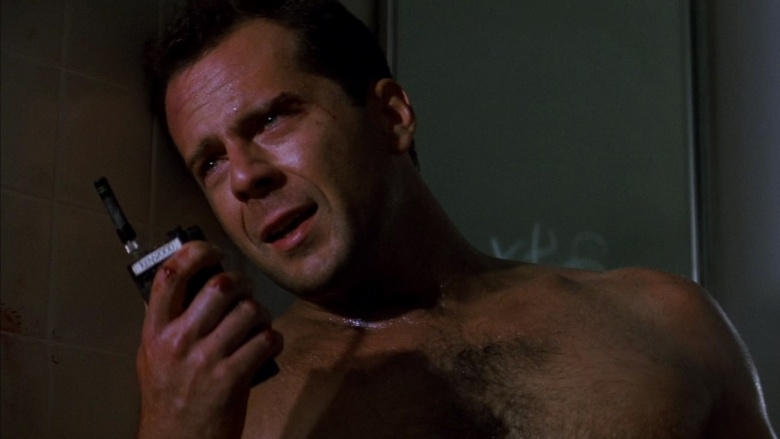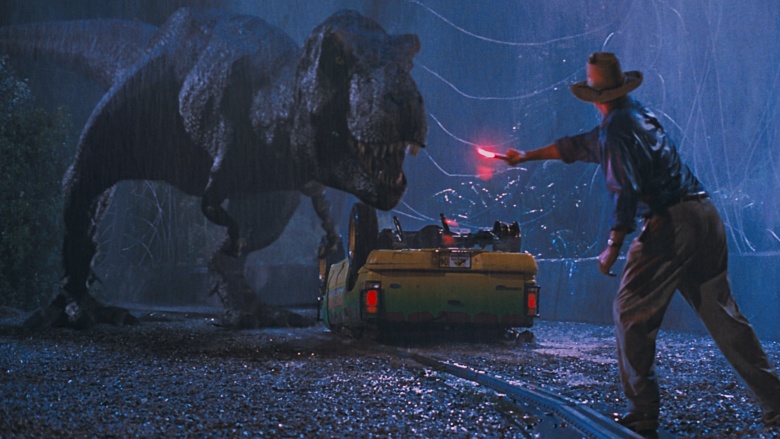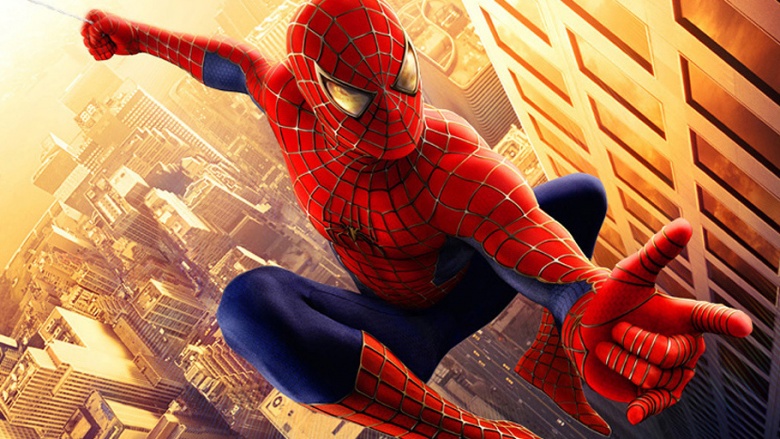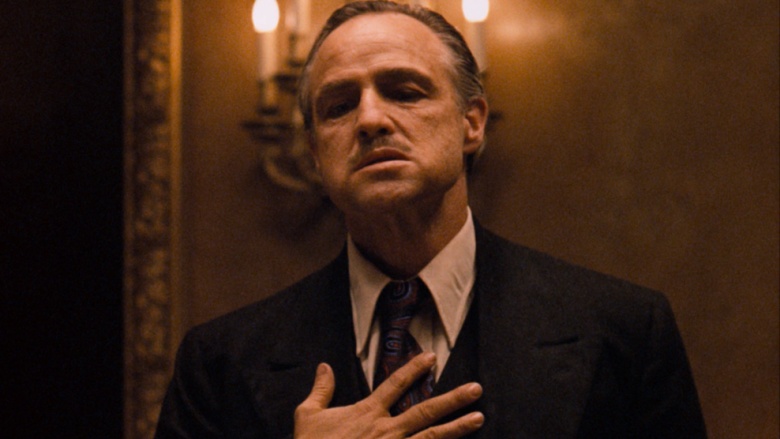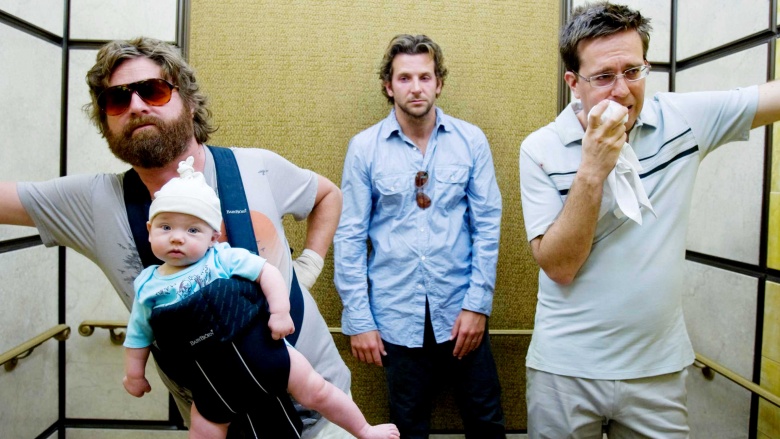Franchises That Should've Stopped After One Sequel
Before reboots were Hollywood's preferred cash cow, sequels were a way to guarantee a built-in audience. But the catch with trying to recapture the magic of a smash hit is that at best you risk falling short of expectations, and at worst you just end up regurgitating the original. Regardless of whether the second installment in each of the following franchises is good or bad, none of these franchises should have lived on past movie number two.
Die Hard
Die Hard is a classic action film that redefined the genre and gave Jimmy Stewart a run for his money in the holiday tradition department. Die Hard 2 is generally considered to be "okay," because at the end everyone went "That was pretty cool, but what was up with the naked karate guy?" However, the third film, Die Hard With A Vengence, is arguably the best of them all, which makes it kind of tricky to place these sequels in the "should have stopped after one" assessment. Unless we agree to believe Die Hard 2 never existed, and they skipped right to the one where McClane's sidekick is Zeus Carver, creating arguably the best on-screen duo since Butch Cassidy and the Sundance Kid. Honestly, the Apple commercial guy or Samuel L. Jackson? I rest my case.
Jurassic Park
The Lost World: Jurassic Park was the follow-up to a film that revolutionized special effects, with the seamless blending of practical, full-scale models and CGI. Even having the benefits of being based on a follow-up novel and having Steven Spielberg return to the director's chair, The Lost World doesn't resonate like the original. Some cite the promotion of Jeff Goldblum to leading man, feeling like his Ian Malcolm character was better as comic relief, while others point to nonsensical plot elements, like the third act set in San Diego. Jurassic Park III was a critical and (relative to the other two) box office dud, and is universally regarded as the worst of them all. However, the franchise may have redeemed itself with Jurassic World.
Spider-Man
The first Spider-Man movie was basically the stepping-out moment for what is now the juggernaut known as the Marvel Cinematic Universe. It had a huge budget, impressive cast, and what we now know is a winning origin story formula that's been used time and again for box office success. The excitement surrounding it allowed fans to overlook the flaws with clunky CGI, and some questionable performances by actors figuring out how to play comic book characters in a cinematic world that was suddenly taking them seriously. Spider-Man 2 corrected both of these issues with a noticeable improvement in the visual effects, as well as an assuredness in their roles that the principal cast didn't previously feel. But for all of the improvements Spider-Man 2 brought, Spider-Man 3 bit off more than it could chew. They stuffed in too many villains, which overcomplicated the plot and made for frantic, disorienting action sequences that in turn stretched the capabilities of the visual effects too thin. Perhaps in an effort to not repeat history, the webslinger's newest incarnation, The Amazing Spider-Man, has already been stopped at two and rebooted for a third time.
The Godfather
Earning multiple accolades for the cast and production team, The Godfather and The Godfather II are arguably the best organized crime films of all time. The Godfather III came sixteen years later, with a very different Al Pacino playing a more forceful version of Michael Corleone than audiences may have been expecting. His performance and the sometimes touchy world of religious politics were turn offs for fans expecting more of a straightforward mafia epic to cap the original two.
Transformers
Nobody expected the live-action version of an '80s cartoon about alien robots that transform into cars to be the action-packed and surprisingly entertaining movie that it was. Thanks to Michael Bay's breakneck directing style, dazzling visual effects, and a breakout performance by Shia LaBeouf, Transformers was the summer hit of movie studios' dreams. The follow-up, Transformers: Dark of the Moon, misses a huge opportunity to build on the world of humans and autobots mixing in sometimes comical, but mostly disastrous ways, instead choosing to retread the same jokes, conflicts, and even climactic ending as the first movie. It only slid downhill from there in the next two installments, with runtimes bloating to well over two hours to accommodate unnecessarily complicated plots, and to squeeze in more and more jumbled, crowded action set pieces. If you convinced audiences to believe in alien-car-robot thingies, but in the end had them saying "Mark Wahlberg is an engineer in this? I'm not buying it," then you may have messed up somewhere.
The Hangover
The Hangover delivers a hilarious twist on the raunchy, bro-comedy that makes you feel less guilty about loving a movie so low brow, it uses a baby as a party prop. It made way more money than an R-rated comedy usually does, so the sequel was greenlit faster than a Vegas wedding. Unfortunately, the filmmakers' idea well was about as deep as the main characters, and all we got was the first movie set in Thailand. So, it is definitely funny, but feels too familiar. The Hangover III tosses that arguably effective formula out entirely, focusing heavily on a minor character from the first two films, who quickly turns out to be better in small doses. The studio would have done well to heed the classic mantra after a night of over indulgence, "I'm never doing that again."

